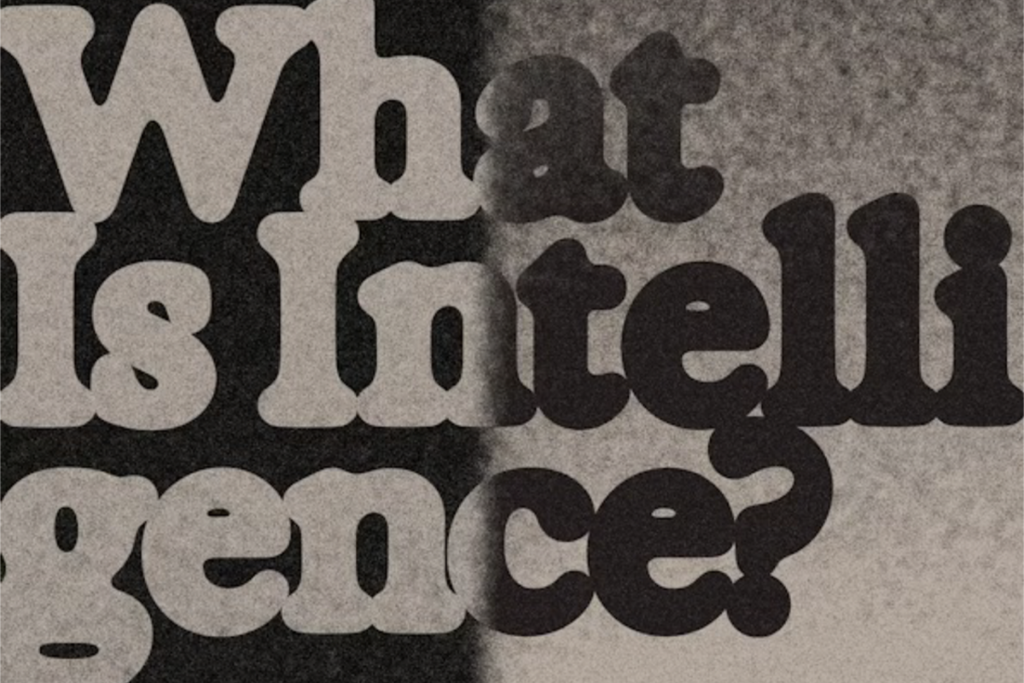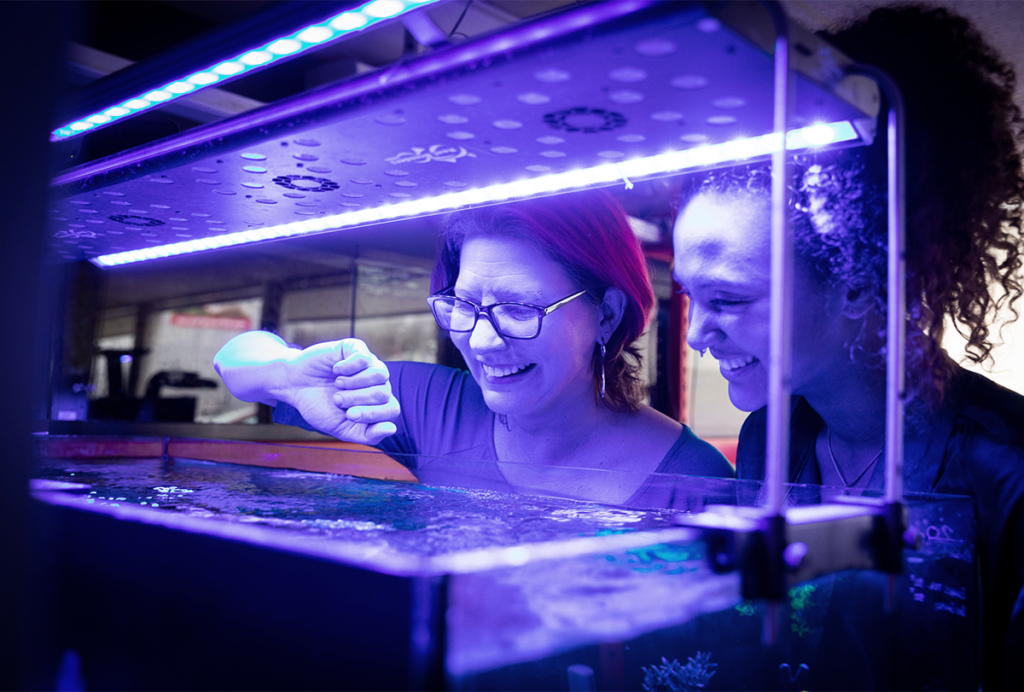Blaise Agüera y Arcas is a vice president and fellow at Google, where he is chief technology officer of Technology & Society and founder of Paradigms of Intelligence (Pi). Pi is an organization working on fundamental research in artificial intelligence and related fields, especially the foundations of neural computing, active inference, sociality, evolution and artificial life.
During his tenure at Google, he has innovated on-device machine learning for Android and Pixel; invented Federated Learning, an approach to decentralized model training that avoids sharing private data; and founded the Artists + Machine Intelligence program.
Agüera y Arcas was awarded the Massachusetts Institute of Technology’s TR35 prize in 2008. A frequent public speaker, he has given multiple TED talks and keynoted the Neural Information Processing Systems annual conference (NeurIPS). He has written numerous papers, essays, op-eds and book chapters, as well as three books: “Who Are We Now?”, “Ubi Sunt” and “What Is Life?” He wrote Part 1 of “What Is Intelligence?,” forthcoming from Antikythera and the MIT Press in September 2025.


